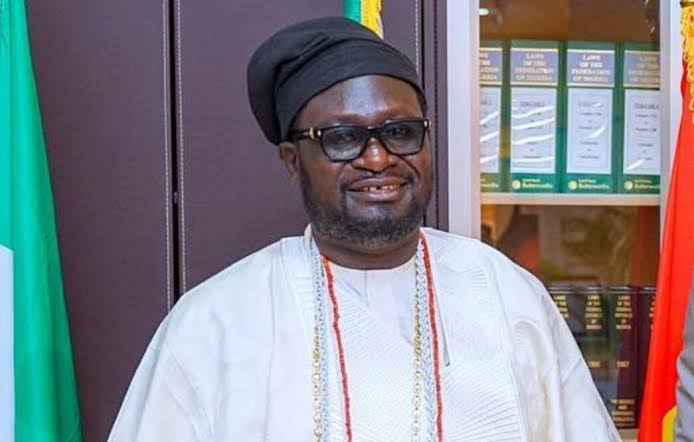Ayiri Emami: Governors Not Doing Enough Despite Increased FAAC Allocations

Prominent chieftain of the All Progressives Congress (APC), Chief Ayiri Emami, has criticised state governors for failing to channel the increased revenue allocations from the Federation Account Allocation Committee (FAAC) into meaningful development, especially in the area of citizens’ welfare.
Speaking in Abuja, Emami expressed concern over the widening gap between rising FAAC disbursements and the actual living conditions of Nigerians across the states. He stated that while the federal government continues to face public criticism over economic challenges, many state governments are failing to utilize their share of national revenue responsibly. “I don’t think the state governments are doing enough,” he said. “It’s not by doing bridges. Without welfare, there will be hunger. So how do I ply the road? And that’s exactly what’s going on. Now everybody will be shouting Tinubu. They don’t care how people feel. So, most of this blame is supposed to be channelled to the state governments.” Emami’s remarks come amid record-high FAAC allocations to states following the removal of fuel subsidy and reforms in oil revenue management. In June 2025, FAAC disbursed over N1.8 trillion among the federal, state, and local governments, marking one of the highest monthly distributions in the country’s history. Despite the fiscal windfall, various reports have pointed to a decline in social investment by many state governments. Independent analyses show that while ministries in charge of works and infrastructure receive the bulk of state capital spending, sectors such as education, healthcare, agriculture, and social protection remain grossly underfunded. A review of budget implementation across multiple states revealed that ministries of works averaged more than 70 percent performance, while education and agriculture in some states recorded as little as 1 percent execution in the first quarter of 2025. In others, welfare-related ministries performed below 50 percent, raising concerns about prioritization. Critics argue that this pattern of spending reflects a preference for high-visibility infrastructure projects at the expense of the day-to-day needs of citizens. Several editorial boards and civil society organisations have echoed Emami’s position, calling for increased scrutiny of state government finances. Emami also urged President Bola Tinubu to monitor states more closely and advised Nigerians to demand greater transparency from their governors. He stressed that national progress cannot be achieved if state leaders continue to neglect the welfare of their people. With rising inflation, food insecurity, and poverty affecting millions, Emami said it was imperative for state governments to redirect a significant portion of their allocations to projects that directly impact livelihoods. He further noted that continued public blame aimed solely at the federal government obscures the responsibilities of the states, which control a substantial share of national revenue and oversee critical services at the grassroots level. Emami concluded by reiterating his call for accountability and urging the public to hold their governors responsible for the use of public funds.








